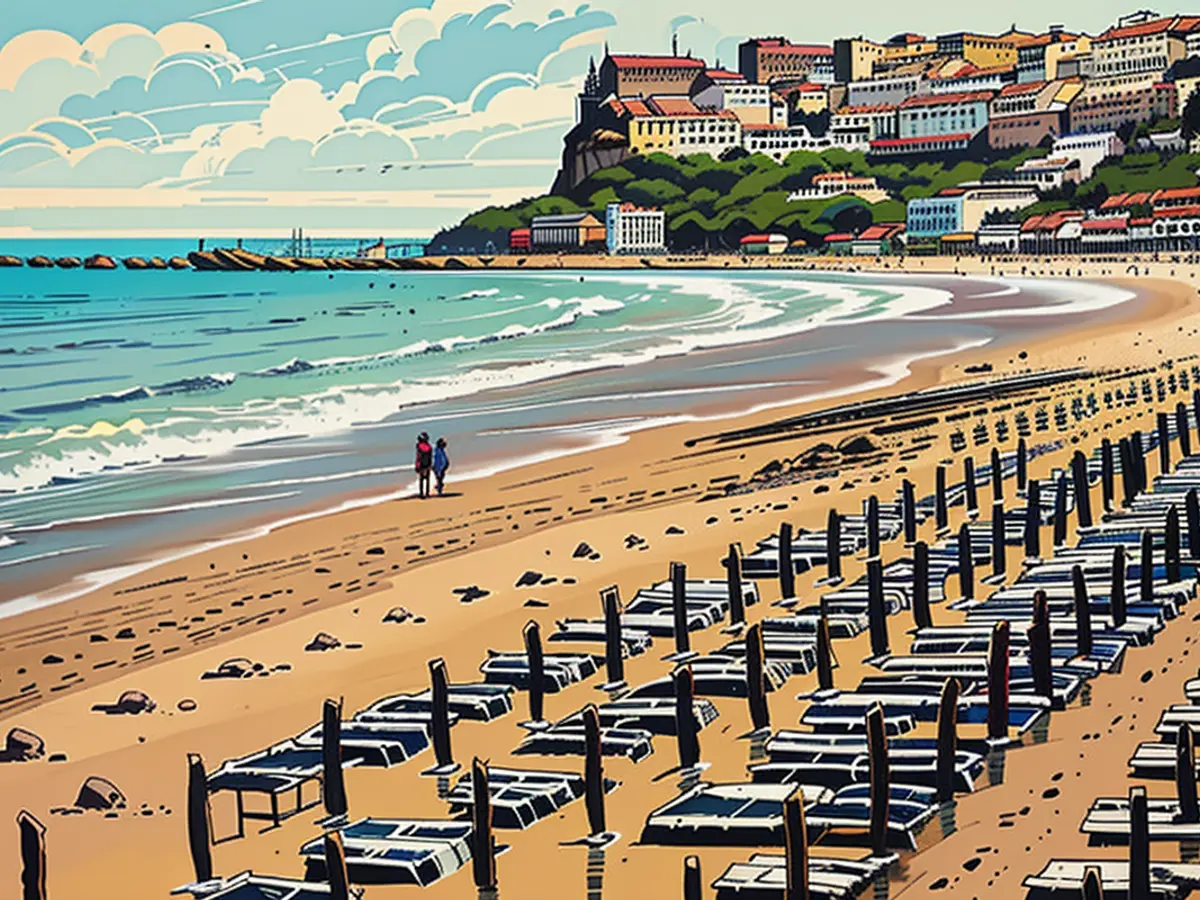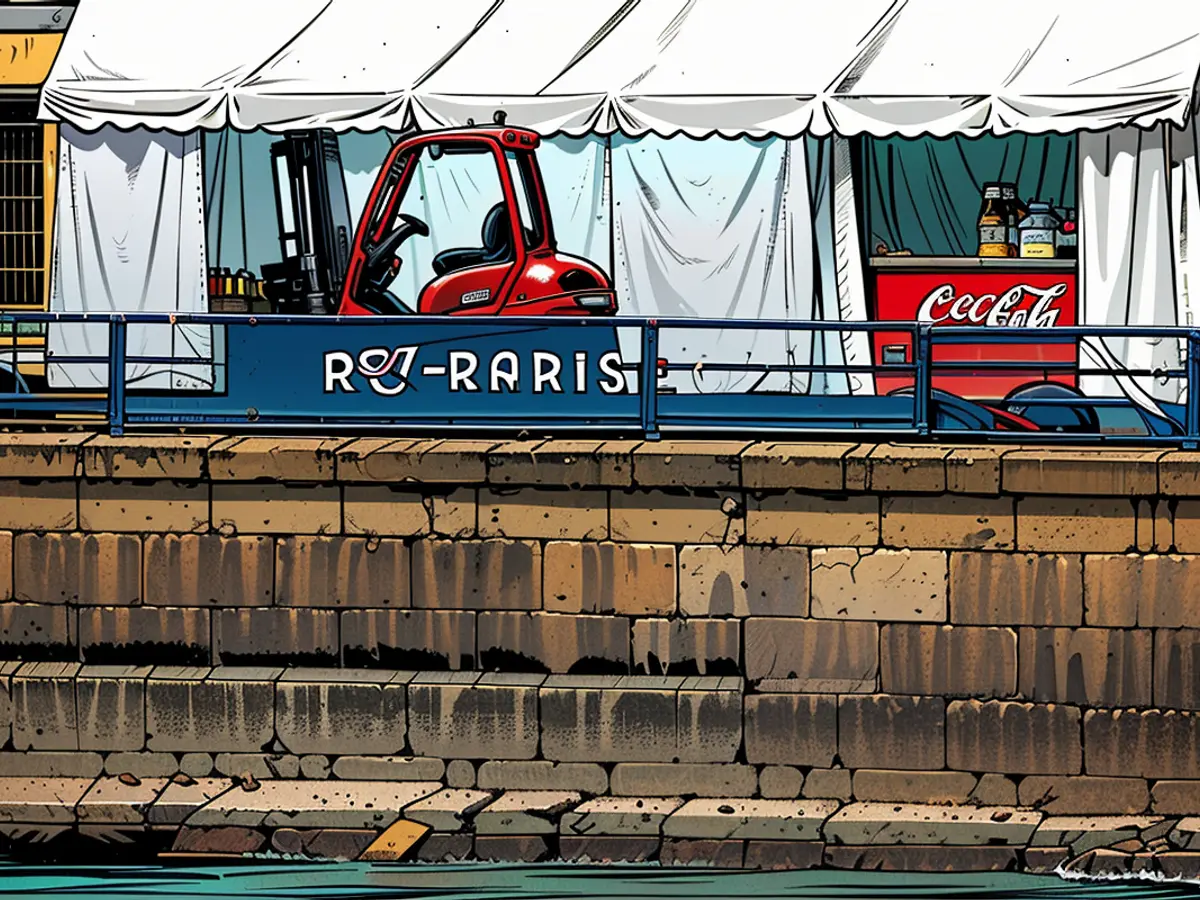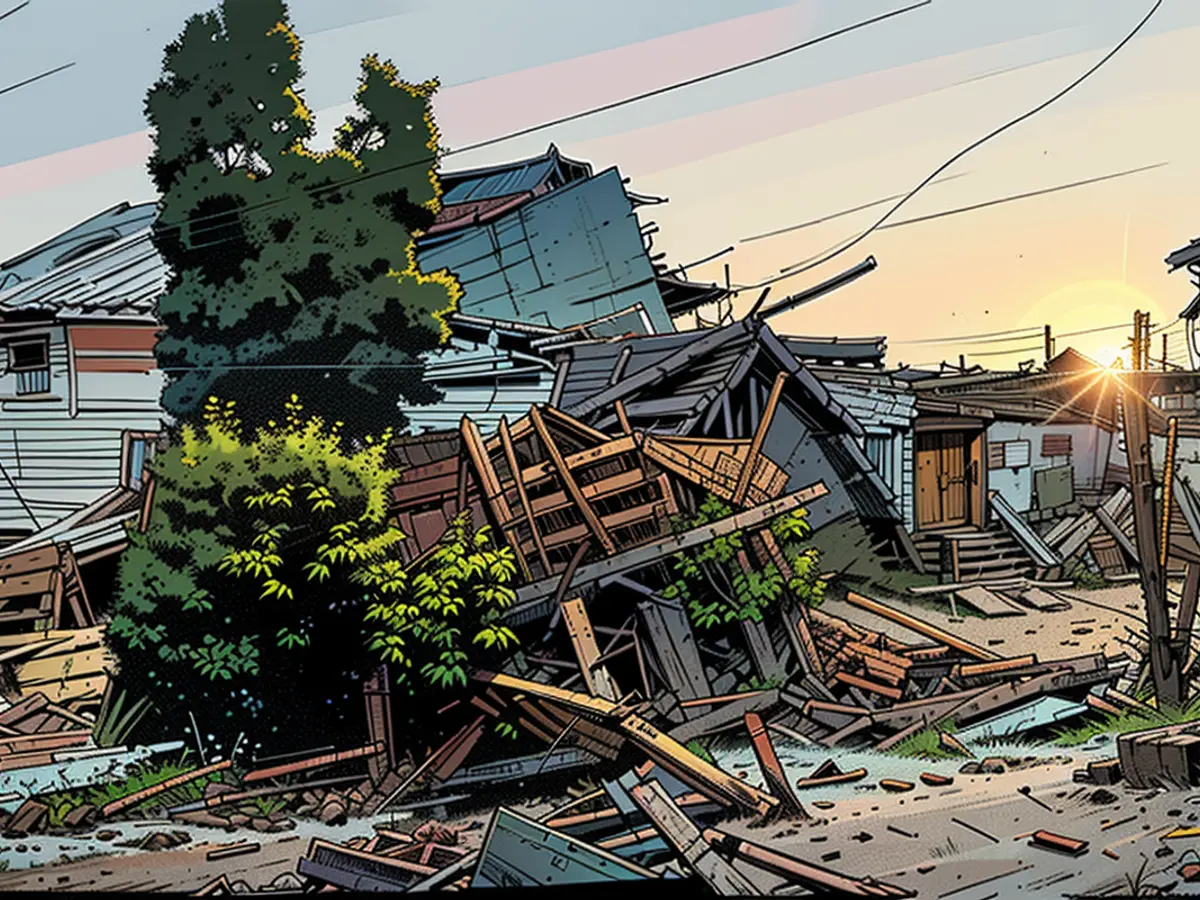Italian beach operators strike against EU directive
Mid-August marks the peak of the summer season in Italy, yet many beaches remained empty: Bathing establishment operators vented their frustration through a strike. The EU wishes for more competition on the beach. Families who have been renting the facilities for decades at bargain prices disagree.
Midway through the peak season, numerous bathing establishments in Italy opened late. Along the Adriatic and Mediterranean coasts, operators staged a two-hour strike against an EU directive that requires state concessions for the operation of "stabilimenti balneari" to be regularly re-tendered. Operators fear unwanted competition, even from abroad.
Not all along Italy's 7,500-kilometer coastline adhered to the strike call. In Liguria around the northwestern port city of Genoa, 90% of bathing establishments participated in the "umbrella protest," according to news agency ANSA, citing operators. Further south along the Tuscan beaches of Versilia, only one in four establishments joined in. Around the Sicilian capital of Palermo, all umbrellas were open by morning, ANSA reported, with the situation elsewhere on the largest Mediterranean island resembling a "patchwork."
At the beach of Fiumicino near Rome, operators informed bathers about their demands via a loudspeaker flash mob. Antonio Capacchione, president of the Italian Bathing Establishments Union (Sindacato Italiano Balneari), described participation as "massive" nationwide, while consumer protection group Codacons deemed the strike a "flop."
Just before "Ferragosto" on August 15, the height of the Italian summer season, tensions ran high on the beaches. The controversial EU directive should have been implemented since 2006. While beaches belong to the state, more than half are rented to private individuals, often for decades and at bargain prices.
Critics argue that concessions, averaging 8,200 euros per year, are far too cheap, allowing the industry to rake in massive profits. Operators fear that in the future, instead of Italian families, foreign corporations will call the shots on the beach.
Despite the strike, some Italian beaches continued to operate as usual. Other unaffected operators saw an opportunity to attract more customers due to the strike, offering competitive prices to draw in families and tourists.








